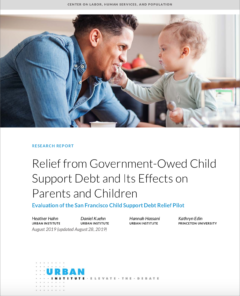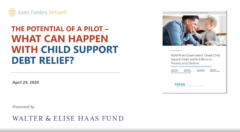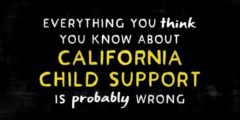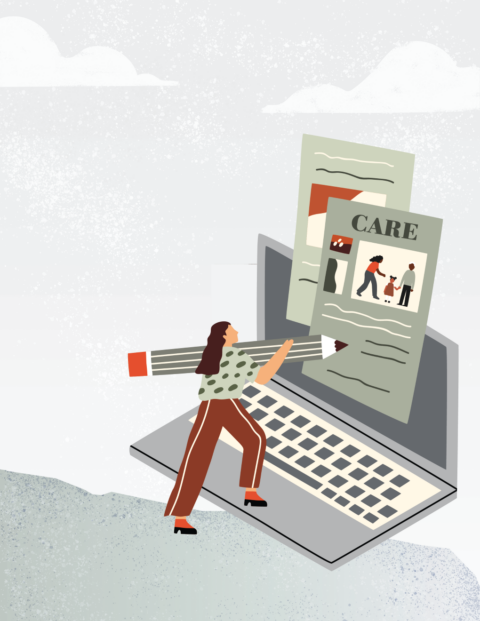Update – note from the presenters following the presentation:
Research shows that parents accruing child support debt leads to decreased contact with their children, and this loss of contact leads to poorer academic performance, lower self-esteem, and greater social and behavioral problems in children. Taking away a family’s child support payment directly contradicts state and local child poverty efforts.
Alleviating the debt through the pilot program in San Francisco improved parents’ payment rates, financial security, and the relationships with their parents and children.
Currently, advocates across California working to change state law, using the results of the pilot as an example of what can happen when these systems better support families. You can visit TruthandJusticeinChildSupport.org to learn more, and to sign up for updates.
While the specific pilot in San Francisco has ended, all counties in California can take advantage of the Compromise of Arrears Program (COAP). We encourage you to learn more at: https://childsupport.ca.gov/overview/debt-forgiveness-program-coap/, and to reach out to your local Department of Child Support Services to see how you can work with them at a county level. There may be funders interested in replicating this pilot in your county in CA.
***
Webinar: The Potential of a Pilot: What Can Happen With Child Support Debt Relief?
When the full amount of parents’ child support payments go their children, what are the impacts?
In addition to investing in local programs to relieve debt burdens on families, how can funders support policy and systems-level changes that amplify the benefits of those programs?
What does the current economic downturn mean for the pilot’s findings?
On Wednesday, April 29, AFN presented a briefing and discussion on the San Francisco Child Support Debt Relief Pilot and its lessons and applications for other locations. We heard from a San Francisco parent and pilot partners to understand how debt relief transformed low-income parents’ lives.
Speakers
Heather Hahn, Urban Institute (researcher/evaluator)
Christa Brown, Financial Justice Project, San Francisco Office of the Treasurer (practitioner)
Padmini Parthasarathy, Walter & Elise Hass Fund (funder)
This briefing discussed:
- Key considerations about working with parents who owe the government child support debt.
- Lessons to inform the replication of this pilot in other locations.
- Insights on the need for pilots, research, and policy change related to child support debt.
More about the topic:
Changes to federal laws and rules over the past two decades have given states increased flexibility to reform child support programs to better serve low-income families. Research shows that government-owed child support debt creates barriers to successful employment, financial security, and family relationships. In California, most of the money low-income parents pay for child support does not reach their children; instead, it pays for debt owed to the government for public assistance their children received in the past. San Francisco’s pilot built on the national trend of states looking for ways to eliminate uncollectable debt and empower parents to support their children.
This innovative pilot – a collaborative effort between the state and San Francisco’s child support agencies, the San Francisco Financial Justice Program, and philanthropic partners – illustrates how complete relief of child support debt improved well-being for both parents and children.






